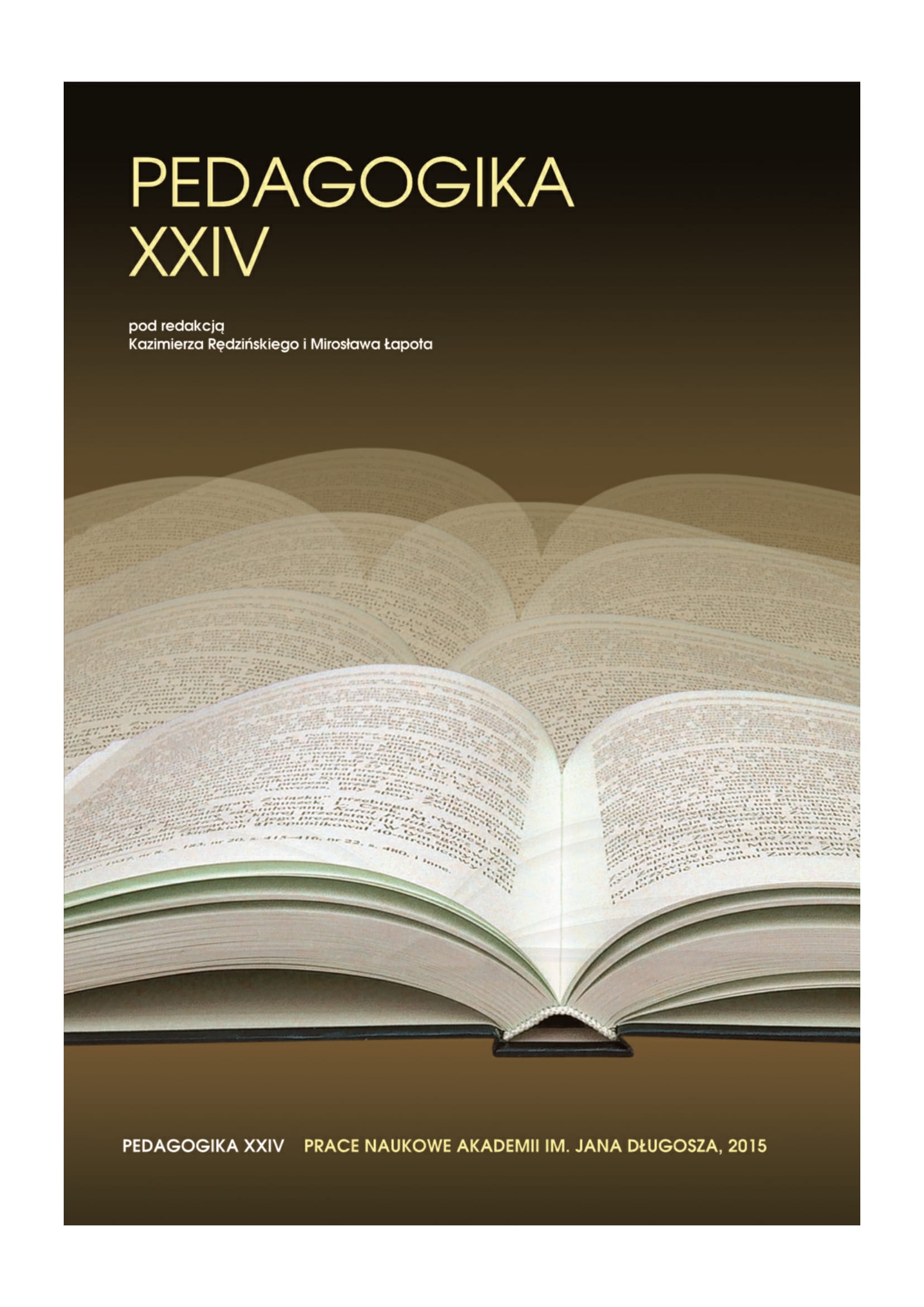Edukacja dziewcząt żydowskich w Szkole Ludowej im. Abrahama Kohna we Lwowie (1844–1914)
The Education of Jewish Girls in Abraham Kohn Folk School in Lviv (1844–1914)
Author(s): Mirosław ŁapotSubject(s): History, Social Sciences, Cultural history, Jewish studies, Modern Age, 19th Century, Pre-WW I & WW I (1900 -1919)
Published by: Uniwersytet Jana Długosza w Częstochowie
Keywords: Lviv; Galicia; folk schooling; Jewish education; a Jewish woman
Summary/Abstract: The school being described in this paper played an important role in the process of the assimilationof the Jewish population of Lviv to German culture in the period preceding the times of the autonomy of Galicia, and to the Polish one in the period of the autonomy of Galicia. The teaching staff employed in that school was Polonised, and the Polish language was implemented as the languageof instruction at the end of 19th century. Establishing, and also functioning, of the school in question was connected with Haskalah, and that means the Jewish Enlightenment, striving to release Jews from the ghetto of their customs and culture, and to include them in the broad trend of social activity. In accordance with that conception, acquiring secular education was reconciled with therequirements of Jewish customs, therefore, Jewish festivals and Shabbat were observed. Instruction in Jewish religion and the Jewish language was provided as well.The school fufilled an important role in the process of the emancipation of Jewish women.Even though Orthodox had for a long period of time been boycotting public education, they weremore willing to agree to send their daughters to school than it was the case as far as their sons wasconcerned. The reason for that difference was that in Judaism woman was not obliged to receive a traditional religious education. A public school opened the gates of the world beyond Jewish community.
Journal: Pedagogika. Studia i Rozprawy
- Issue Year: 2015
- Issue No: 24
- Page Range: 483-504
- Page Count: 12
- Language: Polish

